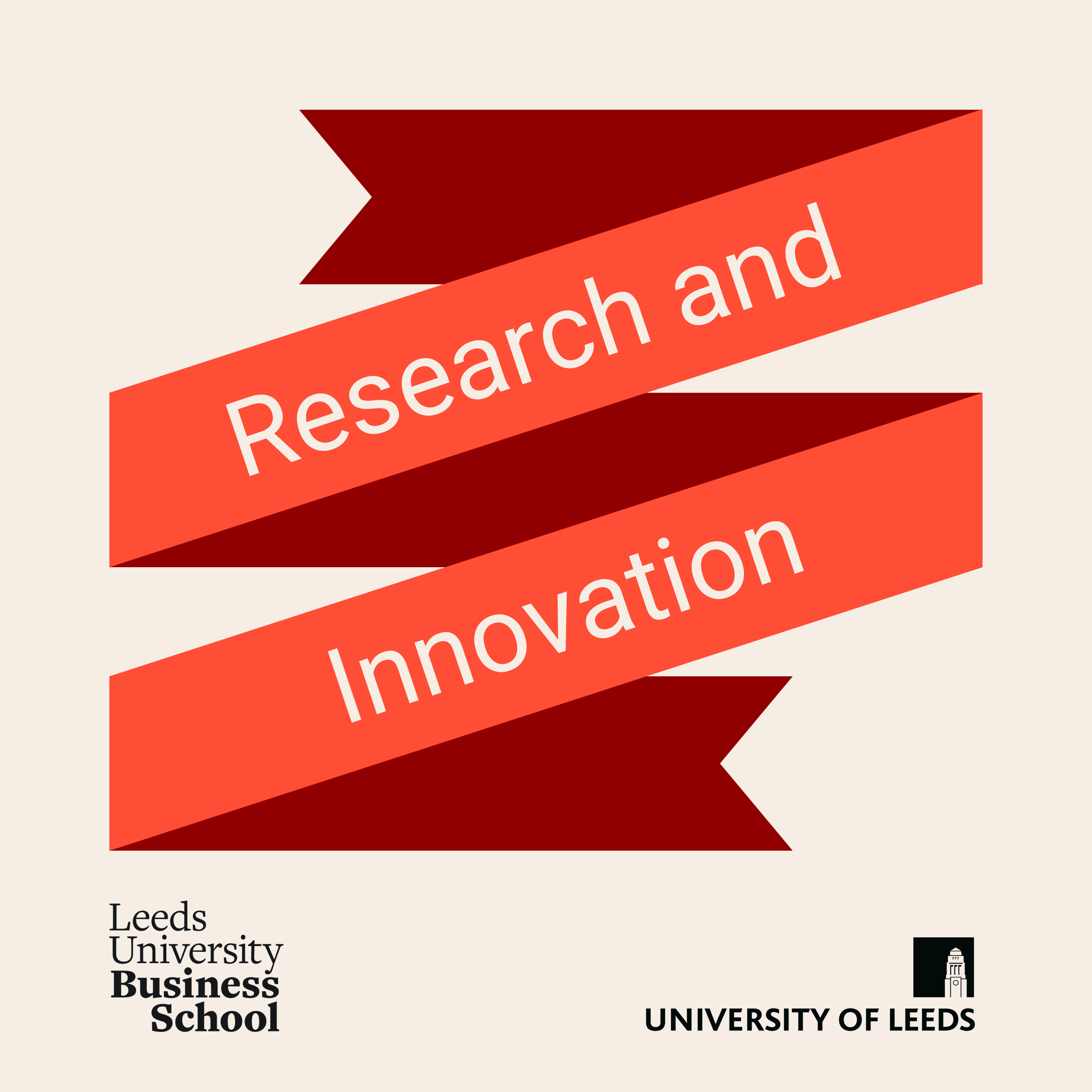full
From laughter therapy to testing communication strategies for emergency evacuations
Published on:
10th May, 2020
From laughter, to emergency evacuations. In this episode, Hannah Preston speaks to Dr Natalie van der Wal to discuss Natalie’s two different areas of current research: laughter-induced therapy, and testing communication strategies to save lives in emergency evacuations.
This podcast episode was recorded in July 2019. If you would like to get in touch regarding this podcast, please contact research.lubs@leeds.ac.uk.
A transcript of this episode is available at: https://business.leeds.ac.uk/downloads/download/168/podcast_transcript_-_episode_4
About the presenters: Natalie van der Wal is a Marie Sklodowska-Curie Research Fellow at the Centre for Decision Research, Leeds University Business School. Her mission is to improve safety by preventing risky crowd behaviours during emergency situations. Dr van der Wal is specialised in the computational modelling of cognitive and affective processes in groups as well as evidence-based emergency communication research. Her current project - EVACUATION - is funded by the European Commission, through a Marie Sklowdowska-Curie Fellowship. https://cdr.leeds.ac.uk/project-evacuation/
Hannah Preston is a Research Support Officer at Leeds University Business School. She is editor of the School’s Research and Innovation Blog, and producer of the Research and Innovation Podcast.
